Andrzej Sapkowski wove a thrilling, breathtaking fantasy saga in his The Witcher series of novels and short stories, which has been adapted into various mediums. Spawning a film, two television series, and a wildly successful video game franchise, Sapkowski’s work is known for its intricate worldbuilding and layered characters who genuinely seem like they hail from strange, faraway fantasy worlds. With Netflix’s rendition of The Witcher previously featuring Henry Cavill as the titular Geralt of Rivia, things were looking up for an adaptation that was beginning to edge closer to the core essence of the books and the brilliant (albeit non-canon) games. While Cavill’s premature exit already cast doubt on the future of the franchise (with Liam Hemsworth set to assume Geralt’s mantle from the series’ 4th season onward), the franchise’s latest prequel, The Witcher: Blood Origin, ensures that we have good reason to be worried about Netflix’s Witcherverse.
Let me preface this by saying that there is nothing inherently wrong with reinventing canon or introducing fresh narrative threads to arrive at a foregone conclusion. After all, a good adaptation is supposed to walk the delicate tightrope of respecting the source material and adding its own enriching spin to it, thus furthering the scope of the original in meaningful ways. While showrunners Declan de Barra and Lauren Schmidt Hissrich have attempted to bring Sapkowski’s world to life in Blood Origin, the new material lacks the depth, nuance, or creative artistry of the best Witcher episodes that make the original show worth watching. There are whispers of connective tissues to the main storyline, and the final episode tries to bring things full circle — however, Blood Origin remains so uninspired and bloated as a prequel series that it fails to justify its very existence.
Before we delve into this new world, beware that there are spoilers ahead for The Witcher: Blood Origin and The Witcher series as a whole.
The Witcher: Blood Origin Netflix Miniseries Recap:
PLOT SUMMARY & CONNECTION TO THE WITCHER
Set a good 1200 years prior to the events of The Witcher, Blood Origin sets up a wholly original story of the Seven, a group of warriors who band together to — you guessed it — topple a tyrannical regime known as the Golden Empire. Although this trope has been done to death, there’s still hope that Blood Origin will turn it on its head or offer some value, right? Wrong. The story unravels in the most lackluster manner possible, with the false promise of a tale that is supposed to inspire rebellion and true change, with a neat little prophecy of doom hedged towards the end. How charming.
The story begins in the present of the ongoing Witcher timeline, where we see our favorite bard Jaskier (Joey Batey), in the midst of a fierce nighttime battle. This is arguably a solid entry point, as it situates viewers with a familiar face, gradually giving way to the tale that becomes the meat of the prequel series. After time freezes and a Jasker double shows up, the doppelgänger is revealed to be SeanchaÍ (Minnie Driver), the esteemed narrator of the tale. Before being transported back to the past, we get a good idea of the exact situation Jaskier is in: he’s earned the mantle of Sandpiper after smuggling elves out of Oxenfurt, which takes place at the end of season 2 of The Witcher. The battle that starts the prequel story seems to be between the Scoia’tael and the Temerian camp that had captured Jaskier, which seems like a more interesting premise than what’s about to be retold. But I digress.
There are several players outside of the Seven, who make their way into the core narrative in haphazard ways, with some being allowed the grace to evolve, while others simply exist for the sake of plot advancement.
THE HEROIC DUO AND THE SAGA OF UNCONVINCING ANTAGONISTS
The de-facto leads of Blood Origin are Éile, aka The Lark (Sophia Brown), and Fjall (Laurence O’Fuarain), who belong to different clans but serve the same king. While Éile has given up being a killing machine for the royalty and has decided to become a bard, Fjall suffers clan disgrace after being caught sleeping with the crown princess Merwyn (Mirren Mack) and is banished thereafter. The two vagabond figures cross paths, start off their dynamic with forced enmity, and obviously, oh so obviously, fall in love over the course of three episodes. The show posits the duo as the narrative anchor for the hero’s journey, allowing them to meet more heroes along the way and join their cause to enact revenge on the newly-formed Golden Empire.
Meanwhile, the antagonists include Merwyn herself, Chief Sage Balor (Lenny Henry), and Captain Eredin (Jacob Collins-Levy). Merwyn’s evolution from being the princess who yearns for more power over her destiny to ruthlessly killing her own brother, among other clan members, in a coup is perhaps the most rushed, unconvincing villain arc I’ve ever seen. We spend considerable time with Merwyn as the miniseries progresses, but her motivations and her inner desires seem as haphazardly mapped as the recent recasting for Geralt of Rivia. Her ultimate demise, wherein she utters “Remember me” while pulling out a dagger lodged in her stomach, inspires absolutely no emotion and is certainly not worth remembering. Till the bitter end, Merwyn remains a spoilt brat and an intensely unlikeable character despite Mack’s best efforts to invest her with dimension.
Moving on to Balor and Eredin, the show does very little with the potential that these characters promise. Balor’s treatment fairs better, however, as the character, despite being a token mage who discards his moral compass to rise to the ranks of power, is allowed to develop in a convincing, organic manner. Henry deserves the credit here, as he manages to elevate Balor to a conflicted figure who must do what he can to escape his lowborn status. At the same time, he is a prisoner of the same cruelty inflicted on him by those in power. Balor holds power to open the monolith and travel worlds, which makes him both an asset and a source of danger, keeping the dance of shifting alliances mildly interesting and a little less annoying.
THE PROBLEM WITH EREDIN, THE FUTURE KING OF THE WILD HUNT
Those who’ve played The Witcher 3: Wild Hunt will recognize how terribly important Eredin is to Ciri and Geralt’s storyline, as the Wild Hunt plays a seminal role in The Witcher universe. Given the significance of Eredin and the role that the Wild Hunt is set to play in season 3 of the mothership series, Blood Origin could have set the character up to be the ruthless, menacing being that he is. However, the show decides to do absolutely nothing with him: instead, we get a series of inane scenes in which we get a hint of menace, which is not out of place within the context of the tense, fragile sociopolitical situation in the Continent. Eredin is cast out into another world, and we get the inkling of the formation of the Wild Hunt and an extremely lazy, borderline meaningless way of setting him up as the King of the Wild Hunt.
Speaking of canonically important characters who are treated with carelessness by the show, we have…
AVALLAC’H, THE KEY TO THE CIRI PUZZLE IN THE WITCHER UNIVERSE
Avallac’h is the key to Ciri in Geralt’s search for Ciri in Witcher 3: Wild Hunt. Moreover, he plays an active role in the war council before the major in-game battle with the Wild Hunt and is later revealed to have been harboring a secret agenda behind keeping the Elder Blood safe from harm. Blood Origin attempts to set up Avallac’h (Samuel Blenkin) as a key player in the future of the Witcher franchise by inserting him in a callback scene from season 1 of the show in a post-credits scene. The post-credits scene is significant for the mothership series, as it cements the fact that Avallac’h will be obsessed with Ciri for her elder blood status, while his intention would be to open the gates between worlds.
While the setup is great, the miniseries completely alters Avallac’h’s origins and does not add enough meat to his character, which is instrumental to the franchise. One can blame an already bloated storyline featuring too many heroes and abrupt twists, leaving almost no space for Avallac’h to emerge as a character of significance. The show also treats another key character, Ithlinne, who is a legendary elven prophetess revered and feared by all, with no real regard for her worth. The show’s Ithlinne has Ciri written all over her, and this uninspired rehashing adds little to the portrayal of the character.
THE WITCHER: BLOOD ORIGIN REVIEW & ENDING, EXPLAINED:
THE SEVEN AND THE CREATION OF THE FIRST WITCHER
There’s also Michelle Yeoh playing Scían (!), the last surviving member of the Ghost Tribe and a greatly skilled warrior who is sought out by her apprentice Éile (who is traveling with Fjall). Yeoh is obviously overqualified for the role, and her character is given very little to do except for a few badass scenes toward the end. Although the show boasts well-executed action sequences, every fight scene involving Yeoh is pretty cool. However, the actor’s natural light is dimmed due to abysmal dialogue and pacing. Apart from her, there are two mages, Syndril (Zach Wyatt) and Zacaré (Lizzie Annis), the fierce, tender-hearted Brother Death (Huw Novelli), and the axe-swinging Meldof (Francesca Mills).
Together, they comprise the Seven: a hastily put-together group of “misfits” who bond over the course of one drunken night and immediately commit to the found family trope. After they stumble across another monster from an alien realm (who dies immediately for no reason), the mages decide to incorporate the monster’s heart into one of the living to create a hybrid being capable of killing Merwyn’s monster. Éile takes it upon herself to do the honors but wakes up to see Fjall undergo the transformation instead. This, obviously, is the creation of the first Witcher, which will give birth to the tradition of a long line of the same breed, as Éile becomes pregnant with Fjall’s child after he successfully transitions.
There’s an apparent famine going on that has left the common folk rightfully angry, and Éile uses her bard-poet powers to deliver a rousing speech that gives rise to revolt. Meanwhile, Scían does a clever maneuver to enter the fortress, leading to a battle that is neither epic nor interesting. Fjall faces the monster, which is perhaps the most thrilling part of the miniseries, but the battle is over prematurely, as the monster is slain and Éile stabs Fjall after he rage kills an ally after hulking out. This is meant to inspire tears but barely manages to elicit any response, at least for yours truly, who weeps at everything.
THE TELLTALE PROPHECY AND WHAT IT MEANS FOR THE WITCHER SAGA
Prophecies shape the world of The Witcher, as Ciri, herself the child of prophecy, has lived all her life either running away from her fate or stumbling right into it. There are mysterious bonds that unravel naturally but seem to be predestined all along: Geralt and Ciri’s relationship is the prime example of the same, as it is a bond that spans over space and time. Blood Origin tries to mimic the same formula by positing another child of prophecy, who is supposed to usher in a string of events ending in doom:
The Lark’s seed shall carry forth the first note of a song that ends all times, and one of her blood shall sing the last.
This thoroughly surprises Jaskier, as this new prophecy spells doom for Ciri, whose blood holds the key to creating a new line of Witchers. Ciri’s Witcher status is obviously complicated: although she never underwent the Witcher Trials her mystic connection to Geralt and her Elder Blood set her on a path to becoming one. Due to Ithlinne’s final prophecy about the “white chill,” Ciri is set to either be the destroyer or protector of worlds. However, the prophecy is not only about Ciri: it is also about Jaskier himself, who will sing the last notes of the tale of the Seven, which has been recounted to him for a very good reason.
While Blood Origin contextualizes the Conjunction of Spheres and sets up a few strands for the franchise’s future, it does less than the bare minimum to tell a compelling tale. The basic beats of the fantasy saga are present — however, there is no magic in the way in which these stories unfurl and no genuine emotion to ground the many characters. The Witcher: Blood Origin remains middling at best, and its worst moments are bland, cringeworthy, and deeply disappointing.

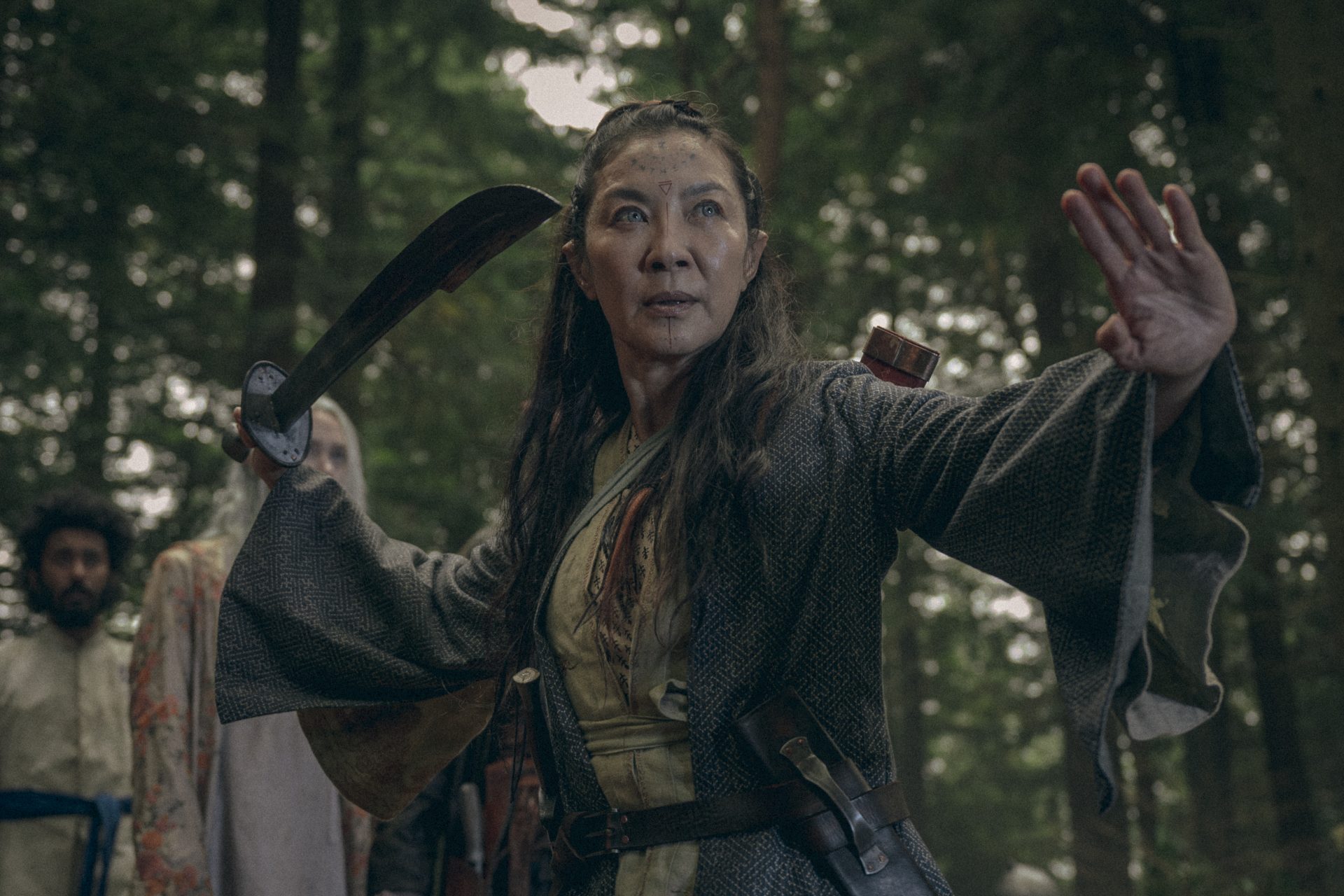
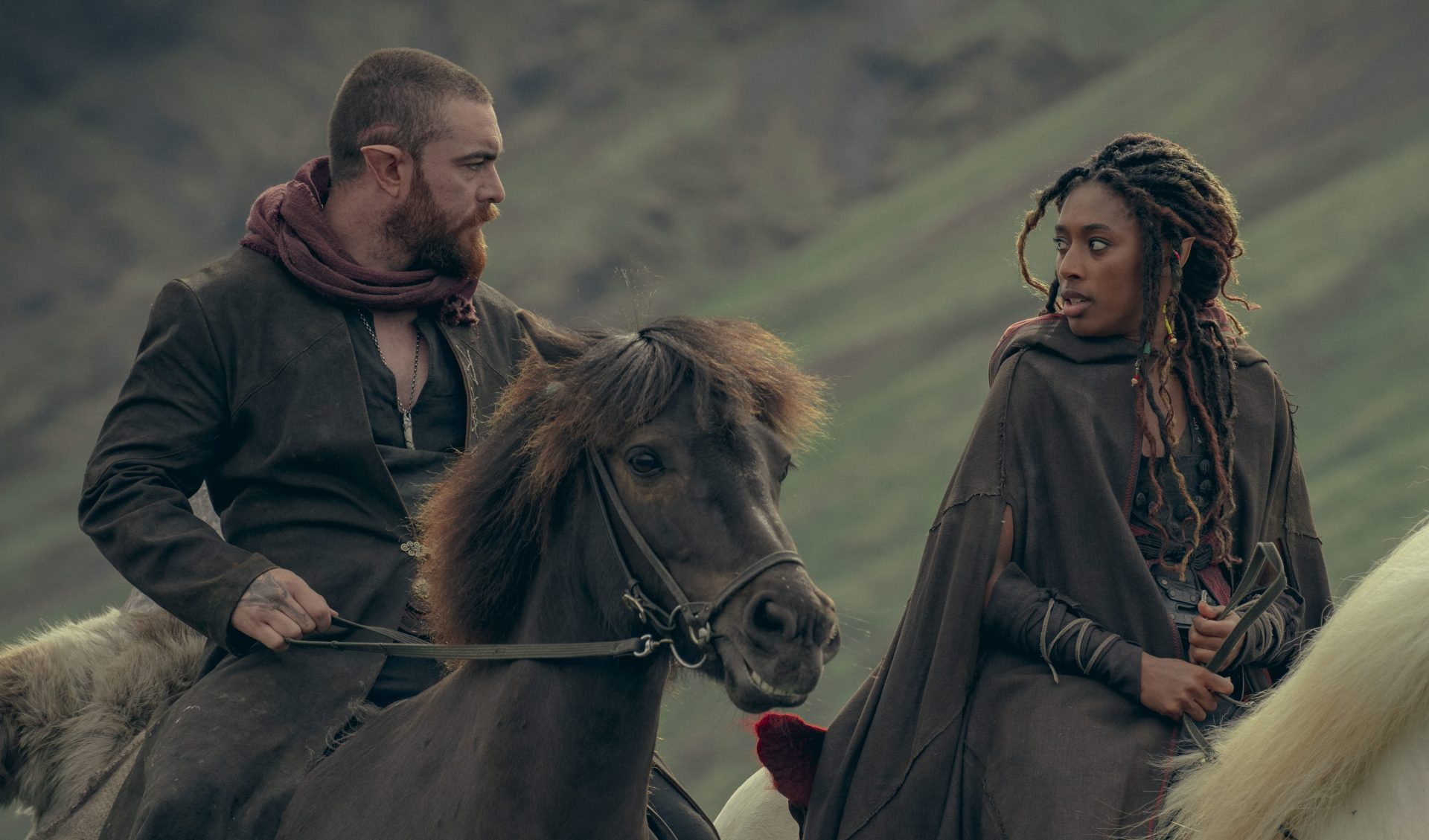


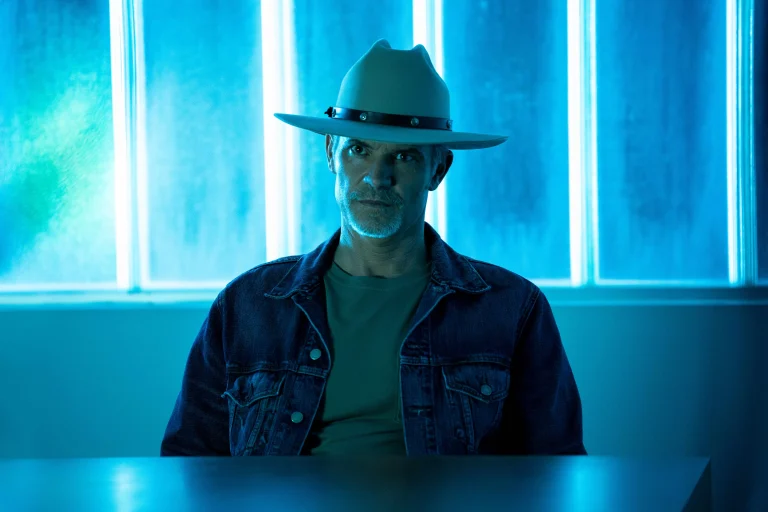
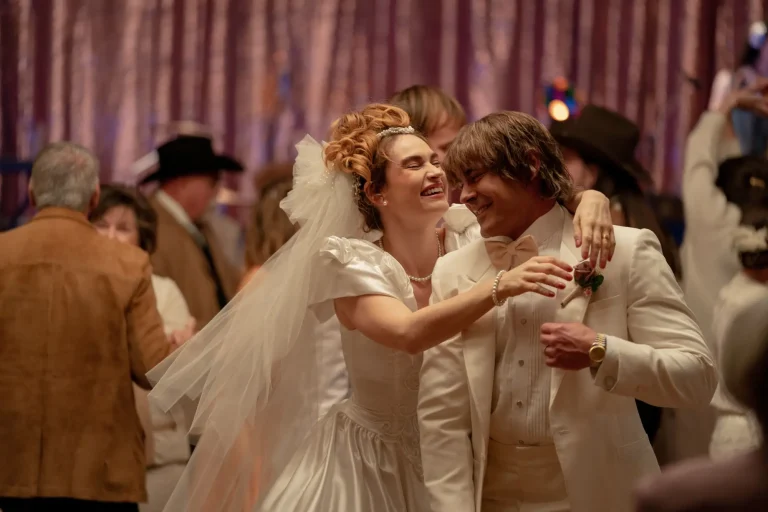
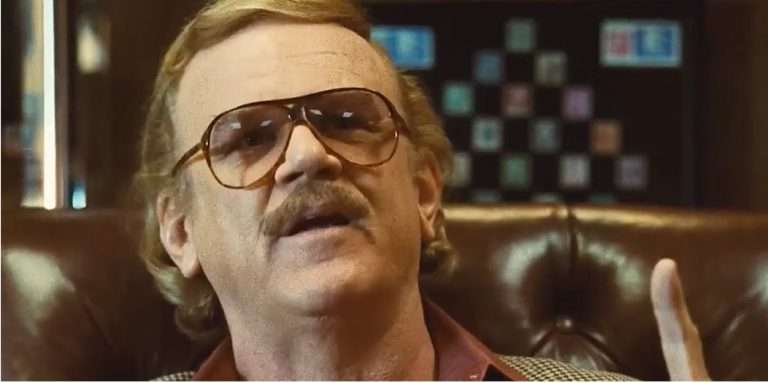
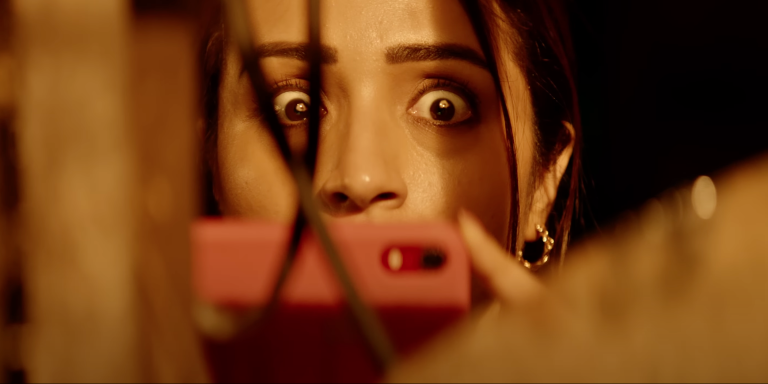

![The Cuphead Show! [2022] Netflix Review – One Of The Best Animated Shows That Offers Barrels Of Fun And Action](https://79468c92.delivery.rocketcdn.me/wp-content/uploads/2022/02/The-Cuphead-Show-768x432.jpg)